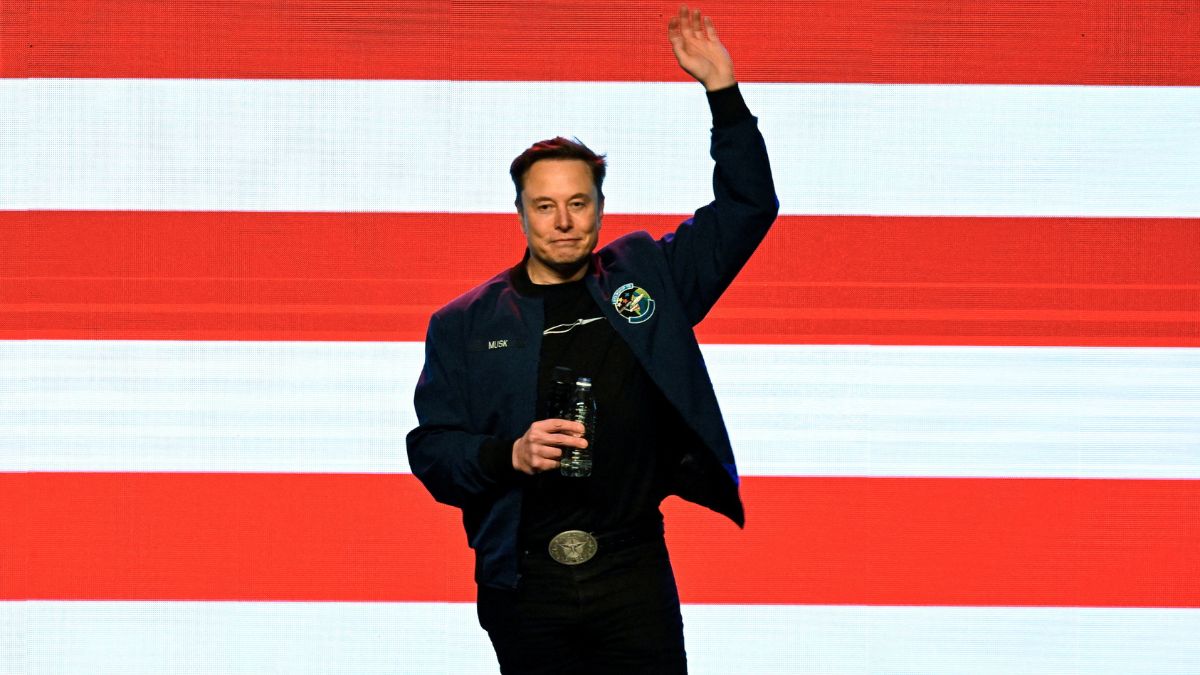
It could soon be the end of the road for Elon Musk and Doge. In Donald Trump’s second term, the Department of Government Efficiency (Doge) has been at the centre of efforts to cut federal waste and shut down agencies. But not everyone is on board.
The agency has faced pushback, with protests against spending cuts, agency closures, and federal job losses. ALSO READ | Donald Trump buys Tesla but is not allowed to drive it. Here’s why We explain whether Elon Musk is set to part ways with Doge, what the agency’s future holds after his departure, and, most importantly, why the billionaire might step away.

US President Donald Trump has suggested that his close ally, Elon Musk, may step down from his role as a senior White House adviser overseeing Doge and could return to running his businesses full-time. Trump said he would like Musk to stay in the White House for as long as he is willing to lead the agency but hinted that the billionaire’s time there may be coming to an end. “I think he’s been amazing, but I also think he’s got a big company to run,” he told reporters on Monday in the Oval Office before signing an executive order aimed at tackling ticket-scalping at live events.
#DOGE #MAGA Trump on Elon Musk leaving in May, don't worry there are high IQ folks there pic.twitter.com/P45KaCBlGV “And at some point, he’s going to be going back.
He wants to.” Since taking on the role, Musk has made deep cuts to the federal workforce. He has pushed to shut down agencies such as the United States Agency for International Development and the United States Institute of Peace.
However, these decisions have not been widely welcomed. A recent Quinnipiac poll found that more than half of voters believe Musk and Doge are doing more harm than good, Politico reported. As of April 1, Doge claims to have saved US taxpayers $140 billion, an average of $869.
57 per person, according to its website. ALSO READ | Was Trump official, linked to Doge, filming influencer videos while in office? Musk, the CEO of Tesla and SpaceX and a senior adviser to the White House, is also serving in the Trump administration as a “special government employee”. What does this mean? A “special government employee” is a designation for federal workers who serve no more than 130 days in a calendar year.
This status is typically used for advisers or consultants brought in for short-term projects, Newsweek reported. If the White House adheres to federal guidelines and Musk’s role remains unchanged, his tenure will end in May. Interestingly, Musk confirmed in a Fox News interview that he expects to complete Doge’s goal of cutting $1 trillion in federal spending within the 130-day limit set by law.
During the interview with Bret Baier, Musk was asked, “You technically are a special government employee, and you’re supposed to be 130 days. Are you going to continue past that or do you think that’s what you’re going to do, or?” Musk responded that he believes his team will have achieved most of what’s needed to cut the deficit by a trillion dollars within that timeframe - meaning his work at Doge would wrap up by the end of May. “I think we will have accomplished most of the work required to reduce the deficit by a trillion dollars within that time frame,” he said.
ALSO READ | Is Elon Musk’s Grok AI in trouble in India for using Hindi expletives and slang? Under an executive order signed by Donald Trump on his first day back in office, Doge is set to shut down after 18 months, with its operations officially ending on July 4, 2026, the 250th anniversary of the signing of the Declaration of Independence. On March 31, 2025, a reporter asked Trump whether Doge would continue without Musk. “Well, I can’t tell you that,” he responded.
The US President suggested that once Doge shuts down, his Cabinet secretaries could take over its cost-cutting responsibilities. “At a certain point, I think it will end, but they have also gotten a big education,” he said. “There’ll be a point at which the secretaries will be able to do this work and do it very, you know, as we say, with the scalpel, and that’s what we want.
” The Department of Government Efficiency was created through an executive order on Trump’s first day in office, with a clear objective - cut $1 trillion in federal spending within 18 months. Musk has been at the helm, overseeing cost audits, agency mergers, and digital restructuring across government departments. However, his leadership has also drawn criticism.
Democrats and other opponents argue that Musk’s central role in the White House gives the world’s richest man unprecedented influence over policy decisions, raising further concerns about conflicts of interest , especially given SpaceX’s multibillion-dollar contracts with the federal government. With inputs from agencies.











